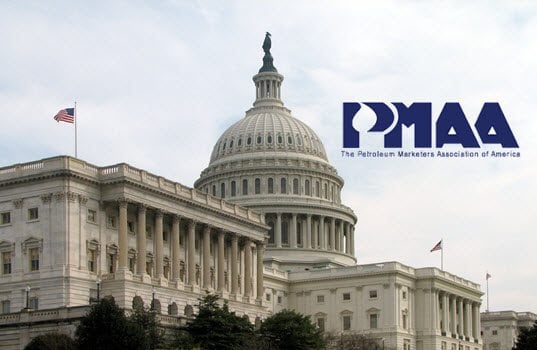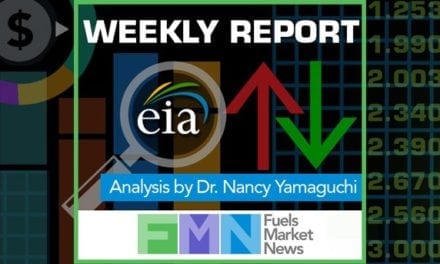Although Republicans are eager to repeal Dodd-Frank, the financial legislation mega-package that was passed in 2010, many would prefer to avoid touching the Durbin Amendment, which lowered debit card interchange fees. Why? As a financial regulation analyst said, it’s “like choosing between two children.”
The issue splits the 4.7 million stores and restaurants across the country that accept debit cards and the 5,000 commercial banks that issue them. Representative Jim Himes, who is also a former Goldman Sachs banker, said he is “being forced to choose between the competing interests of two big industries.” Banks like JPMorgan Chase & Co. say they use the revenue from the interchange fees to increase cybersecurity and offer rewards programs, while retailers like Wal-Mart argue that the limit on interchange fees has led to lower prices for consumers.
House Financial Services Committee Chairman Jeb Hensarling plans to reintroduce a bill soon known as the Financial CHOICE Act, which would repeal the Durbin Amendment. Repealing the Durbin Amendment would be extremely harmful to retailers because it ultimately lowered debit card interchange fees, which are the second highest expense to a retailer only behind labor.
The Petroleum Marketers Association of America (PMAA) has been working with the Merchants Payments Coalition (MPC) and meeting with House Financial Services Committee members for the past year to encourage them to strip the provision in the bill that would repeal the Durbin Amendment.









